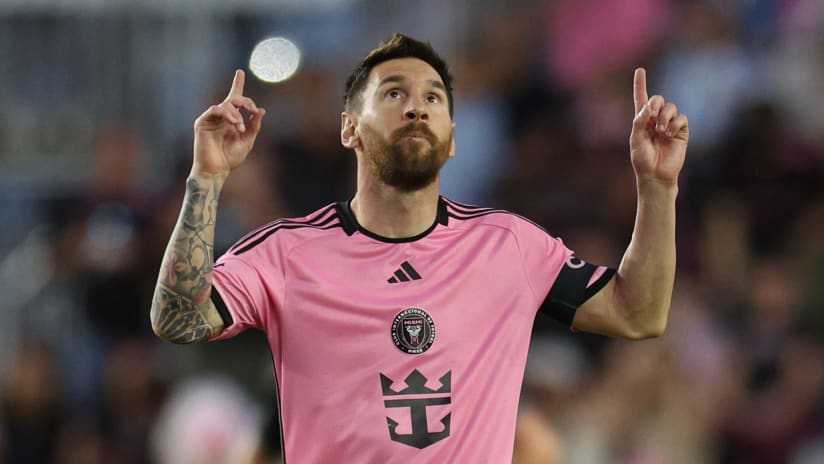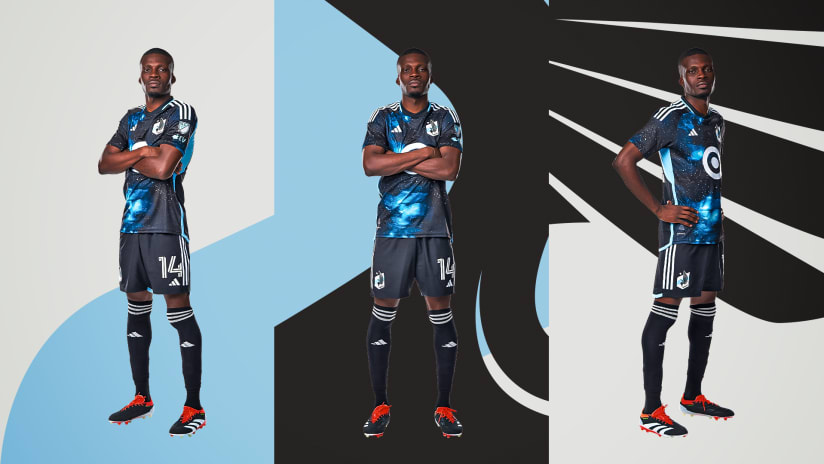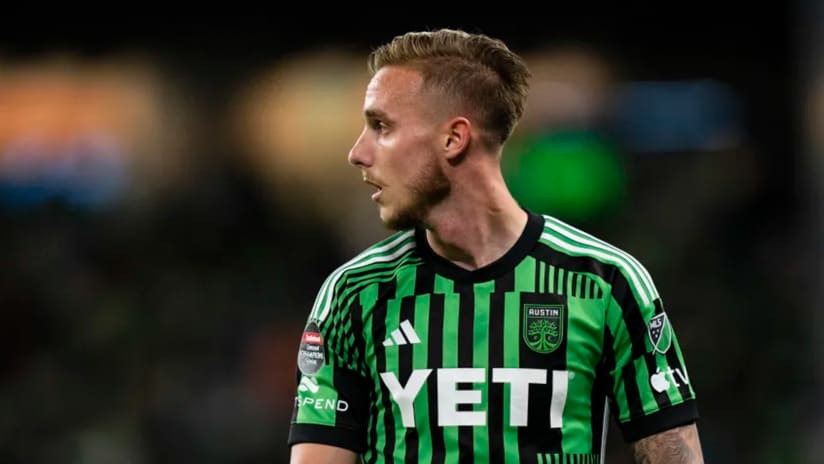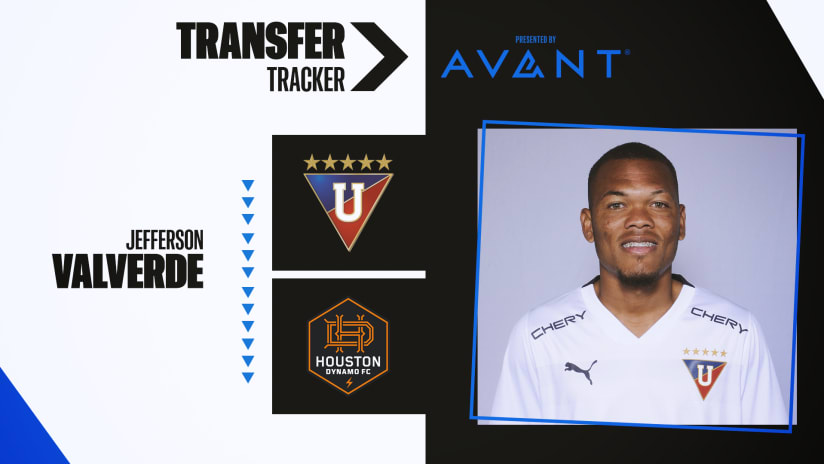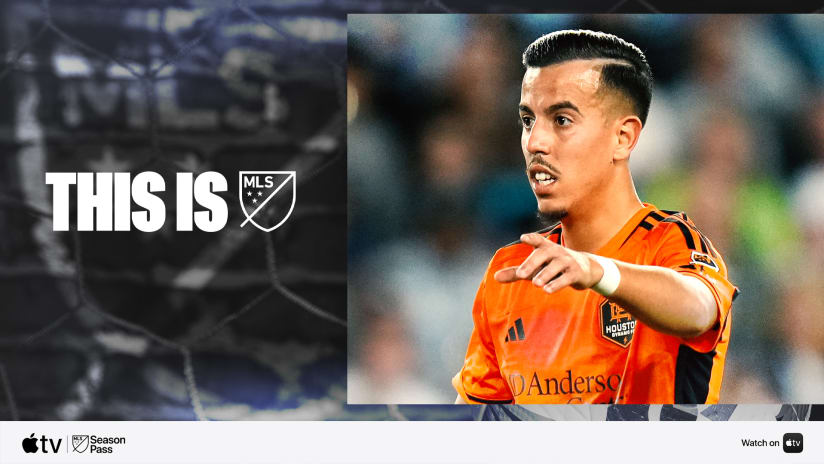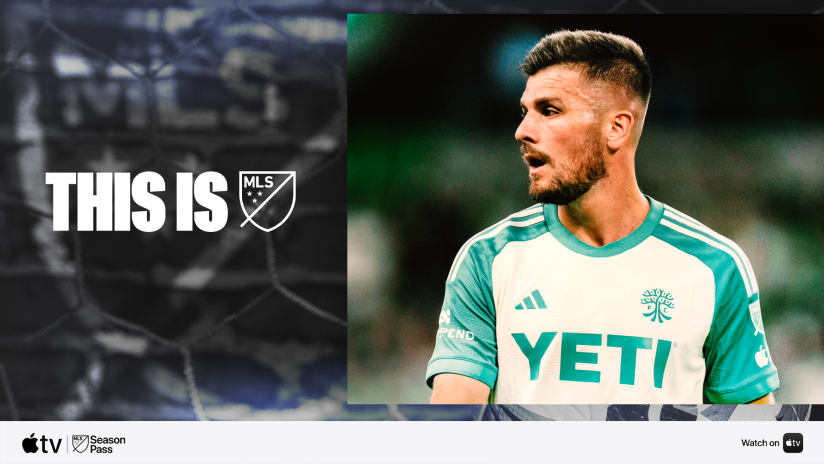A new element was added to the Carolina Challenge Cup this year. In addition to the annual round-robin tournament hosted by the USL First Division Charleston Battery that invites three MLS clubs each year, the event also included a conference with the nation's top referees, affording both players and referees the opportunity to interact and discuss issues important to both sides in a relaxed, off-field setting conducive to a beneficial dialogue.
The top 30 referees in the country attended, including those who will represent the U.S. in the FIFA World Cup this summer either as referees or assistant referees. The conference included classroom and practical sessions with the nation's top refereeing instructors, including Esse Baharmast, who will be a FIFA refereeing instructor at this summer's World Cup.
But perhaps the highlight of the conference was the incredibly productive roundtable forum between referees and players and coaches of the three MLS teams in attendance, where grievances, concerns, and expectations from both sides were discussed and addressed.
Four referees from Canada also participated in the conference, and Canadian crews officiated two of the six games played in Charleston. With the addition of Toronto to the league next year, it was deemed important that Canadian referees experience the MLS version of the game, which proved to be something quite different from what they were accustomed. In the two games, Canadian officials struggled to control the games and ejected four players, two in each game.
"One of the things we are really working on is player-referee communication," said Joe Machnik, MLS assistant to the deputy commissioner for on-field competition, who organized the conference. "It's not like they all can go to the bar after the game and talk. Referees and players need to be able to discuss the issues they see in the game so they can be addressed."
Of the many issues that the players brought up, probably the most important is the level of respect shown between the two sides.
"Most importantly, the players want to be shown respect," Machnik said. "They don't want to have cards waved in their faces, or scolded like children. 'Show us respect and we'll show you respect,' was basically what they were saying."
The players' message to the referees tied in neatly with the focus of the instructional portion of the meeting -- player and game management. The instructors tried to instill a non-adversarial mode of thought between the referees and players, which is often difficult to maintain because of the high level of intensity and emotion on the field during games.
Machnik said the referees need to better understand what¹s going on with the players during those heated moments, and better help them get through the problems on the field, as opposed to strictly using disciplinary measures.
"We hope the referees can develop something of a camaraderie with the players on the field," he said.
Machnik noted that, in the 10 years the league has been in existence, the level of player dissent towards referees has reduced dramatically. This has a lot to do with an increase in the level of refereeing within the league.
"With MLS, there is a soccer culture that a lot of the older referees didn¹t have," Machnik said. "The younger referees had MLS to watch when they started refereeing. They knew what the professional game looked like before they were officiating it."
One of the major problems MLS referees have faced has been with foreign players who feel they are being treated unfairly.
"A lot of these guys are used to playing with more time and space," Machnik said. "They played the game a lot slower in their native country. They are not accustomed to the high pressure, the voracity of the Americans. When players accustomed to more time on the ball don't get it, they sometimes feel the referee isn't protecting them the way he should. He gets frustrated because he isn't performing the way he is accustomed to, and he lashes out, often at the referee."
With two of the nation's top referees, Ricardo Valenzuela and Kevin Terry, both retiring, Machnik stressed the need for new, young, experienced referees to take their place. Though most referees coming up through the system have little or no high level playing experience, steps are being taken to make sure the next crop of MLS and FIFA referees are well acquainted with the professional game, developing a player-to-referee program for MLS players.
"We¹re working on a way to fast-track former players into the upper ranks of refereeing," Machnik said. "Every team I¹ve gone to, one or two players say they would be interested in becoming referees once they are finished playing."
Andrew Mosier is a contributor to MLSnet.com. This story was not subject to the approval of Major Legaue Soccer or its clubs.


